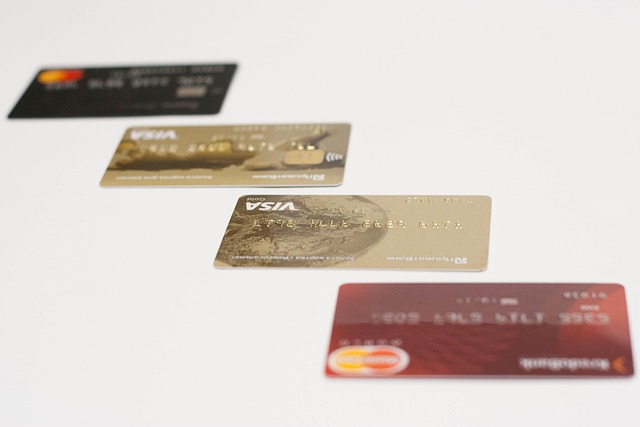Understanding Credit Cards: A Comprehensive Guide to Smart Financial Management
Credit cards have become an integral part of modern financial life, offering convenience, security, and flexibility in managing personal finances. These powerful financial tools allow consumers to make purchases, build credit history, and access emergency funds while providing various rewards and benefits. Understanding how credit cards work is essential for responsible financial management and avoiding common pitfalls.

Key Features and Benefits of Credit Cards
Modern credit cards offer numerous advantages beyond simple purchasing power. Many cards provide rewards programs, including cashback on purchases, travel miles, or points redeemable for merchandise. Additional benefits often include purchase protection, extended warranties, travel insurance, and fraud protection. These features make credit cards valuable tools for both everyday spending and special purchases.
Understanding Credit Card Costs and Fees
Credit cards come with various associated costs that consumers should carefully consider. The most significant is the annual percentage rate (APR), which determines the interest charged on unpaid balances. Other potential fees include:
-
Annual fees
-
Late payment penalties
-
Balance transfer fees
-
Foreign transaction charges
-
Cash advance fees
Comparing Popular Credit Card Options
Different credit cards cater to various financial needs and lifestyles. Here’s a comparison of common credit card types:
| Card Type | Best For | Typical Benefits | Average APR Range |
|---|---|---|---|
| Rewards Cards | Frequent spenders | Cashback/Points/Miles | 15.99% - 24.99% |
| Low Interest Cards | Balance carriers | Lower APR | 12.99% - 20.99% |
| Secured Cards | Credit builders | Credit building | 17.99% - 25.99% |
| Business Cards | Entrepreneurs | Business perks | 14.99% - 22.99% |
Prices, rates, or cost estimates mentioned in this article are based on the latest available information but may change over time. Independent research is advised before making financial decisions.
Managing Your Credit Card Responsibly
Successful credit card management requires discipline and understanding. Key practices include:
-
Paying bills on time and in full when possible
-
Keeping credit utilization below 30% of available credit
-
Regularly monitoring statements for suspicious activity
-
Understanding and using card benefits effectively
-
Avoiding unnecessary fees and interest charges
Maintaining a healthy relationship with credit cards involves careful planning and responsible usage. By understanding the features, costs, and benefits of different card options, consumers can make informed decisions that align with their financial goals while building positive credit history and enjoying the convenience these financial tools provide.






